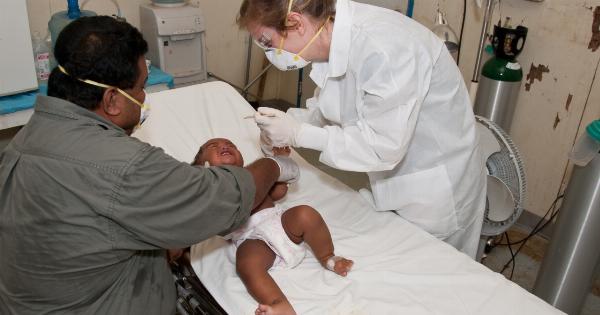With the advent of technology, exploring and understanding the human genome has become easier than ever before.
In recent years, the focus has been on decoding the complete genetic makeup of diverse populations worldwide, with the aim of discovering genetic drivers of diseases and offers personalized medical solutions. The Human Genome Project, which completed its first draft in 2001, provided us with the reference sequence of the human genome.
But geneticists are still striving to understand the variations between different populations, as ethnic and racial variations can impact an individual’s risk of developing specific diseases or responding to treatments.
Current Research on Full Genome Decoding
One such study was undertaken by researchers at the Human Genome Sequencing Center at Baylor College of Medicine in Houston in collaboration with Washington University in St. Louis and the Broad Institute in Cambridge, Massachusetts.
The study aims to develop a complete genetic profile of Americans and improve diagnosis and prevention of diseases. The project was aptly named the “All of Us Research Program” and started in 2018. Within just two years, it has provided genomes of over 230,000 volunteers.
How was the Study Conducted?
The All of Us Research Program offers researchers access to one of the most extensive and diverse datasets in the world. Its initial focus was on enrolling U.S. citizens over the age of 18 of diverse races, ethnicities, and socio-economic backgrounds.
Participants gave samples of blood, urine, and saliva, and the samples underwent extensive genetic testing, including 700,000 genetic markers. The results were then linked to the participant’s electronic health records for detailed analysis.
What Did the Study Reveal?
The initial analysis of the data reveals significant differences between different ethnic groups in terms of genetic variants linked to specific diseases.
For example, African Americans were shown to have a higher genetic risk of developing Alzheimer’s, while Latinos are genetically at higher risk for type 2 diabetes. The data now provides doctors and medical professionals with a comprehensive understanding of the specific biological pathways that cause such diseases.
A personalized approach to diagnosing and treating these conditions becomes much easier with a full genetic map of the individual.
How Will This Help Medical Professionals?
The All of Us Research Program has been in development since 2018. Still, it has already provided researchers with an excruciating level of detail, leading to a better understanding of genes and how they interact with one another.
This knowledge translates into better insight into how certain diseases develop within specific populations, leading to better diagnostic and screening tests and new techniques for targeted therapy. Medical practitioners can develop personalized healthcare plans that are unique to individual patients based on their genetic makeup and ancestry.
The Social and Ethical Implications of the Research
While the study has been significant in advancing medical science, it also raises several ethical and social issues. The study’s success is dependent on the willingness of people to offer up their genetic data as part of uncovering new insights.
This data is invaluable and could erroneously trace disease origins in individuals, prompting unnecessary fear or anxiety. Aged participants or individuals suffering from unique diseases might have issues that can make it difficult to participate, which could skew research results.
What Does the Future Hold?
The All of Us Research Program is currently one of the largest and most diverse research programs ever conducted.
Though the mapping of the complete American genetic profile is still ongoing, this study reveals the power of genomics research at an unprecedented scale. Better understanding of the genetic origins of diseases will offer improved disease management and prevention methods, making it a valued resource for medical research now and in the future.
Conclusion
The All of Us Research Program is a global milestone in genomics research. With the complete genome of Americans set to be mapped, research continues to make unimaginable strides in understanding the complex nature of human biology.
With the vast swathes of genetic data collected from the study, the study makes groundbreaking research possible in understanding the most diverse people on earth. This development will provide precision medicine solutions to physicians and researchers worldwide that can vastly alter diagnosis, treatment and prevention methods for individuals.































